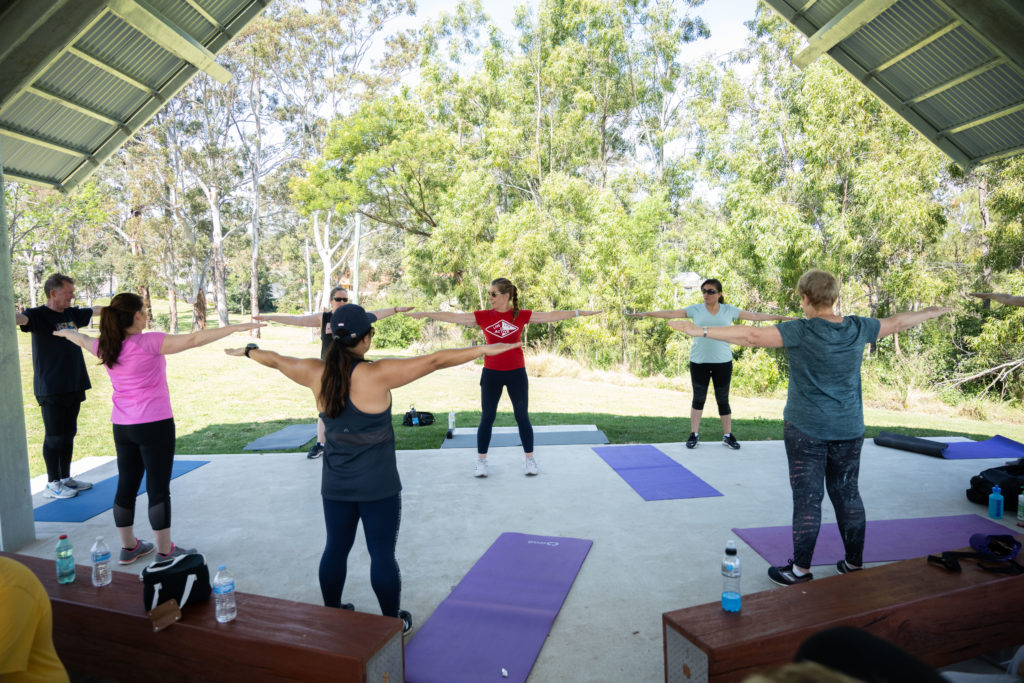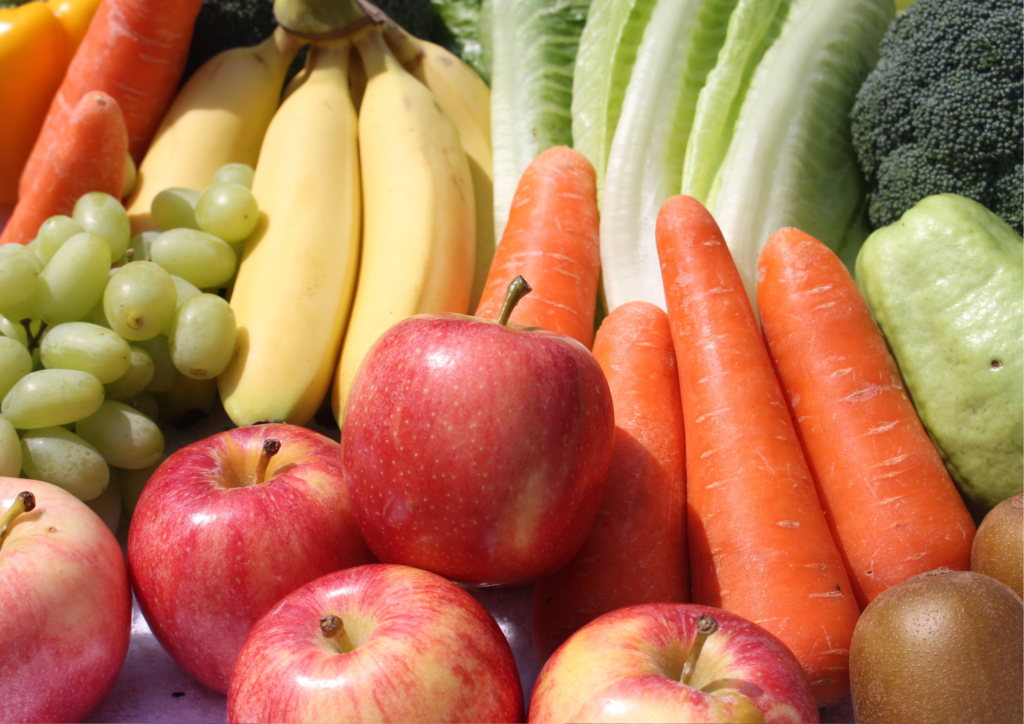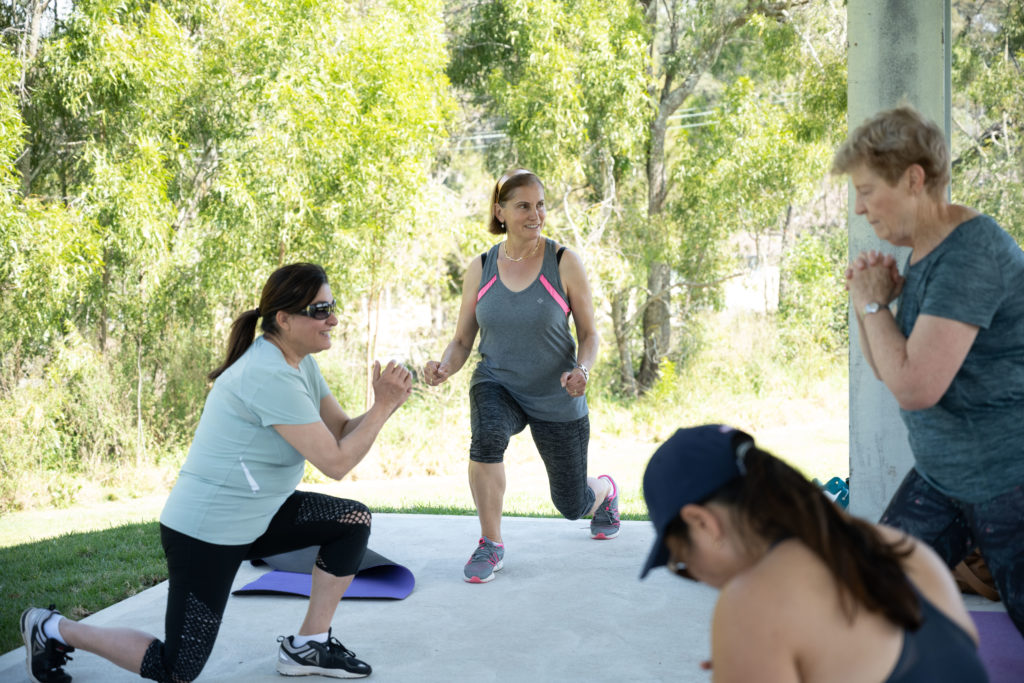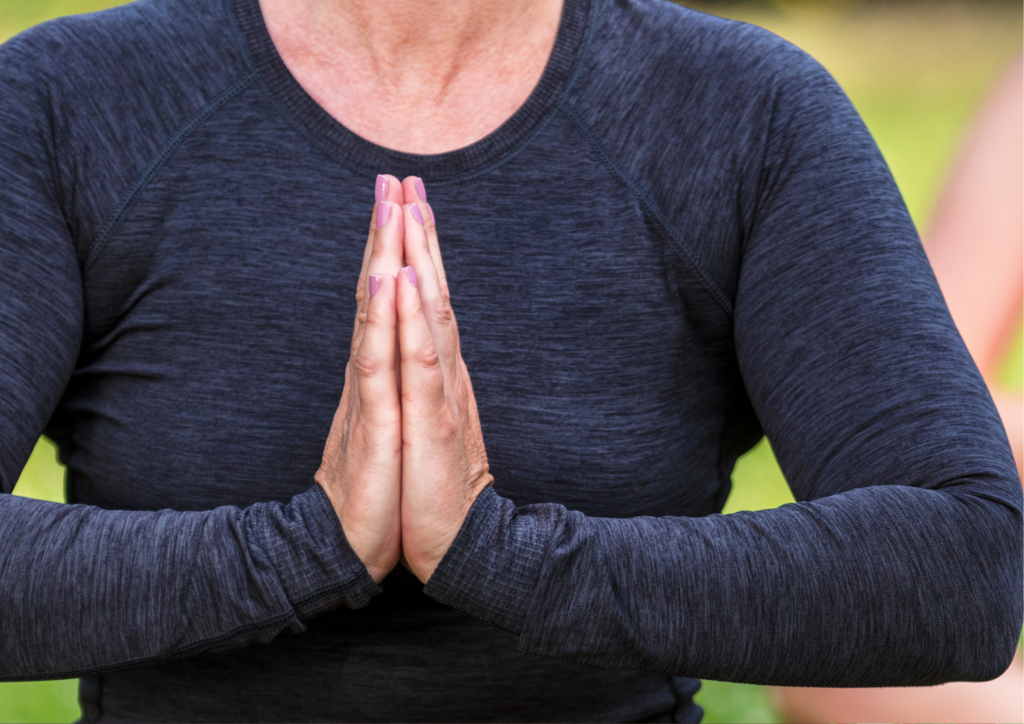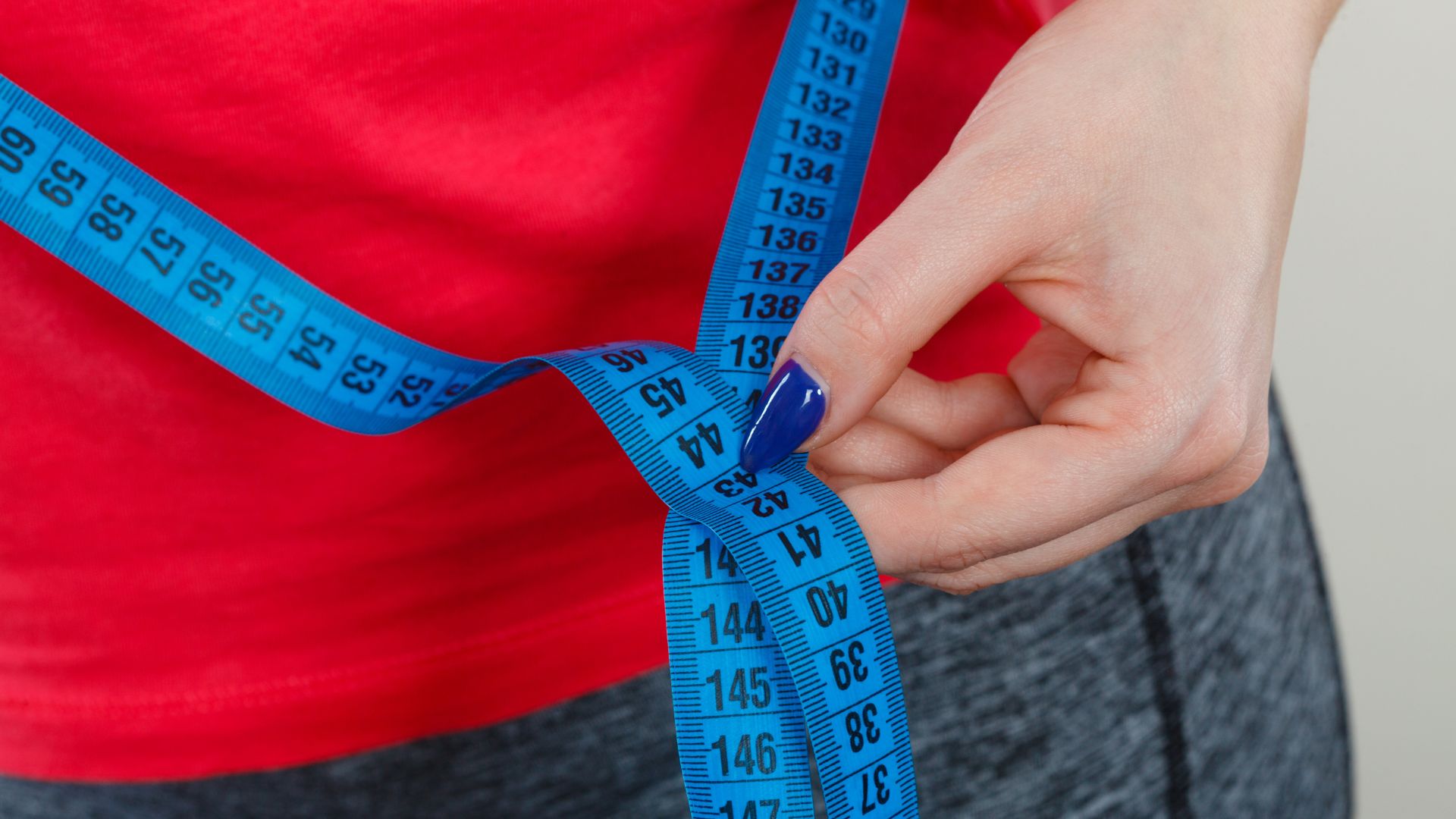How Food, Exercise and Meditation Can Boost Your Mood

It feels good to be happy. And feeling happy comes with a healthy lifestyle.
Whether it’s the food you eat, the regular workouts you do or the time you take to focus on the mind, there are plenty of ways to boost your mood while improving your overall health at the same time.
Need a helping hand to get you started on your journey to feeling good? That’s where we’re here to help! We’ve created a comprehensive list of ways to create a happier mind and mood through food, exercise and meditation.
What foods should I consume for mindful eating?
Ever felt really good after chowing down on a delicious healthy meal or snack? There’s a reason for that.
It’s no secret that eating good food is instrumental to maintaining your health. By eating a range of colourful fruit and veggies, wholegrains, proteins and good fats, you’re packing your body with a tonne of nutrients it needs.
But apart from just ticking your daily vitamin and mineral intake (which is super important), eating healthy increases happiness and encourages feelings of positivity. Even the occasional piece of dark chocolate has been proven to be a mood booster.
Here are some examples of foods that’ll give you that “feel good” feeling:
- Eggs, milk, meat, shellfish, poultry: This group of foods has the Vitamin B12 in them which is associated with boosting serotonin in the brain – a chemical that influences mood and happiness.
- Salmon, walnuts, flaxseeds, oils: These foods come with Omega-3 fatty acids which have been found to increase memory.
- Beans, peas, wholegrains, vegetables: These types of food are known as complex carbohydrates. Unlike simple carbs (such as donuts, white bread, sugary cereal etc), complex carbs release sugar into your bloodstream at a steadier pace, evening out your positive mood rather than providing a short burst.
- Fruits, vegetables: With a mixture of fruits and veggies you are providing your body with a bunch of antioxidants. Antioxidants essentially fight off any bad stuff in your body – meaning you’ll be feeling good for longer.IMPORTANT NOTE: Be mindful of your sugar intake! While it’s true that foods with a high sugar content can boost your mood in the short term, you are likely to crash later on. By sticking to a healthier diet with less refined sugar, you are more likely to balance out your blood sugar levels and feel better overall.
How does exercise make you feel?
The short answer – exercise makes you feel good.
Ever heard of a “runner’s-high”? Well, it comes down to the chemicals in the brain. Doing exercise stimulates the release of endorphins which are responsible for elevating mood and being a natural painkiller. Along with this, exercise also reduces levels of stress hormones like cortisol and adrenaline, creating more room for endorphins and more room for happiness!
Practically any type of exercise will encourage the release of endorphins, even if it’s a simple 20 minutes a day. Here’s a rundown of some forms of exercise you can incorporate into your daily routine:
- Walking
- Jogging
- Swimming
- Dancing
- HITT classes
- Individual or team sports (basketball, soccer, tennis etc)
- Boxing
- Everyday task that require body movement (gardening, cleaning etc)
Keeping up regular exercise is crucial to maintaining a positive frame of mind. Getting your body moving on a daily basis helps fight feelings of stress, anxiety and depression and frees up the mind to feel good.
Why we should incorporate mindfulness for a happier life
Along with cardiovascular and aerobic exercise, activities that focus on mindfulness are a great way to boost your mood and feel happy. By turning your attention to your mind, you enable yourself to get in touch with how you are feeling and boost your mood.
Check out these activities you could try to help you feel more positive:
- Meditation: This practice is a form of focus which draws attention within your mind and body. Meditating regularly allows you to relax, distress and unwind while creating awareness internally. It has been proven to decrease heart rate, blood pressure and encourage steady breathing, which stimulates relaxation and positivity.
- Yoga: Through a focus on meditation, breathing and posture, Yoga combines exercise and mindfulness. It stimulates blood flow to your muscles, stretching them out and releasing tension, and encourages mental awareness. Practicing yoga often has been shown to reduce anxiety, and improve a sense of well being not only physically but psychologically as well.
- Pilates: Like Yoga, Pilates has a focus on breathing, concentration and a flow of different movements. Through breathwork, the practice keeps you in the present moment and allows you to draw attention to your mind. Pilates is associated with reducing things like anxiety, depression and stress, as well as boosting mood.
Want to start feeling good but not a Live Life Get Active member?
Fill in our short registration form to become an online member here (link) and gain access to FREE Pilates, Tai Chi, Meditation, Fitness, Yoga and Nutrition programmes.
Fill in our short registration form to become an online member here and gain access to FREE Pilates, Tai Chi, Meditation, Fitness, Yoga and Nutrition programmes.
We’ve got everything you need to stay active so login and book your active training, yoga class and meditation either in the park or online now.

